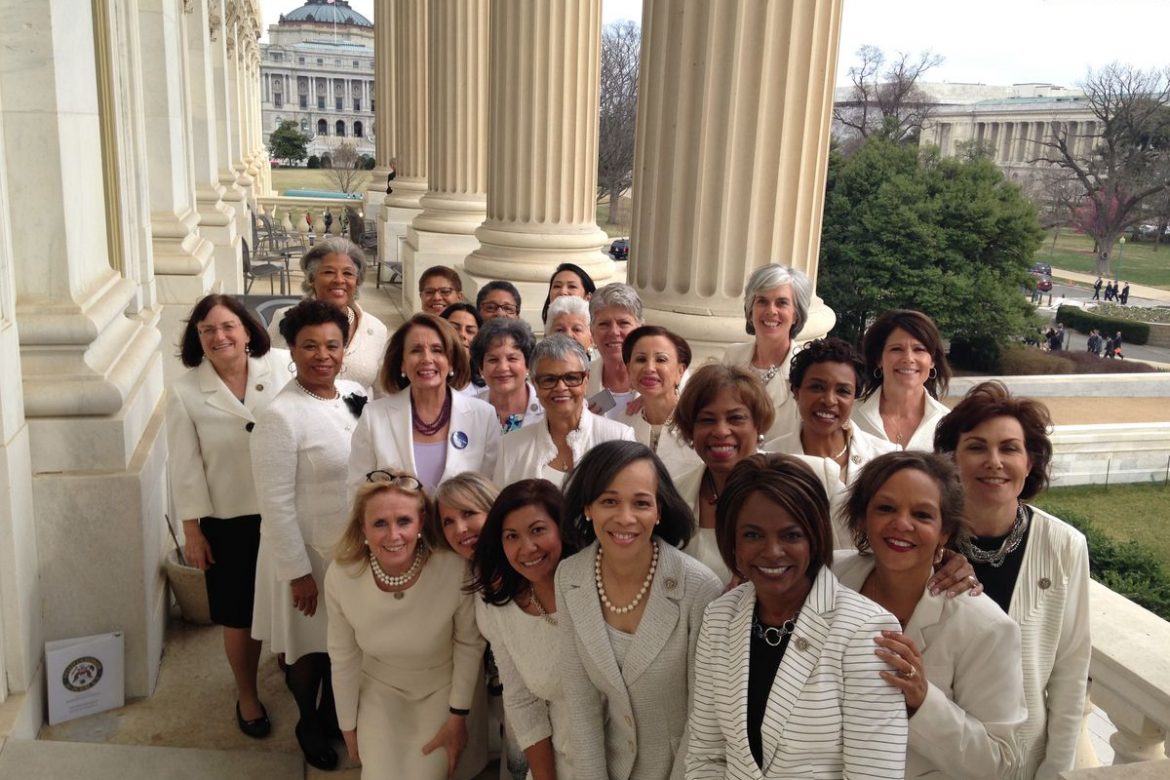According to a study published in the Journal of Economic Behavior & Organization, if there are more women in government, the country itself is less corrupt.
The study was based on data from the Madden and Sudipta Sarangi School of Business, Chandan Kumar Jah, Professor and head of the Department of Economics at Virginia Techs, from 155 regions in 17 European countries.
The study analysed how many women participate in parliaments. Although women have little influence on most economic activities in government, they are certainly less corrupt. This is true for both local and national places. Sarangi notes: “This study highlights the importance of women’s empowerment, their presence in leadership positions and their representation in government. This is particularly important in light of the fact that women remain underrepresented in politics in most countries, including the United States.”

The authors attribute this to the political decisions taken by women. They note that women tend to focus on laws that affect women, children and the family. While it may seem that the longer women are in power, the more corrupt they will become, the authors have found no evidence of this. They noted that women are not necessarily less corrupt than men in General. But this study focuses on government roles and women’s political decisions.
The study does not consider the actual side of corruption, it is aimed at analyzing the perception of corruption: the perception of corruption is important in itself, because the decisions of individuals are based on perception.
Although gender inequality persists throughout the world, the authors conclude that “women’s participation in politics should be encouraged not only for gender equality, but also because it has positive externalities – negative impact on corruption.”



